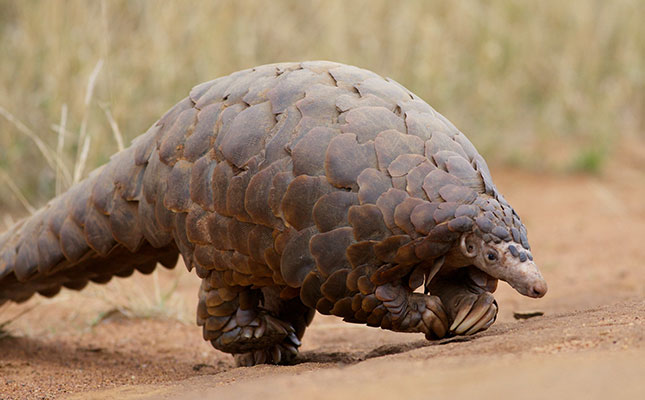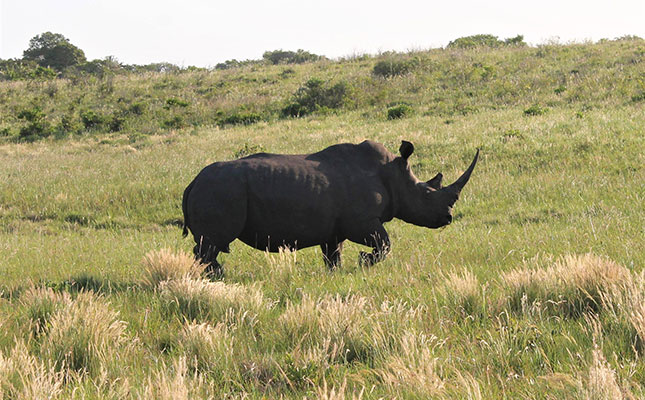
Photo: David Brossard, Pixabay
It is too early to speculate whether the suspected links between wildlife trade and consumption and the emergence of the coronavirus disease (COVID-19) are resulting in any reductions in the illegal wildlife trade.
This was according to Annie DuPre-Reynolds, the Endangered Wildlife Trust’s Wildlife in Trade programme manager, who added that numerous variables contributed to changes in the domestic and global illegal wildlife trade.
There had been media speculation that COVID-19 might have emerged as a result of wildlife/human interaction in the wildlife markets of China’s Wuhan province.
A research paper published recently by the Scripps Research Institute in the US said scientists had confirmed that the virus was not man-made, but had evolved in an unspecified wildlife animal species.
Suspected reservoirs or intermediary hosts of the virus included bats, pangolins, civets
and ferrets, with some of these species reportedly present in Wuhan’s wildlife markets.
In a recent article on The Conversation, Dr Simon Evans, principal lecturer in Ecotourism at Anglia Ruskin University in the UK, said that the UN had estimated the
value of the global illegal wildlife trade at around US$23 billion (about R399 billion) annually.
Evans cited the Chinese Academy of Engineering as having estimated that China’s wildlife
farming industry, comprising some 20 000 enterprises breeding about 54 species in captivity, was worth US$57 billion (approximately R988 billion).
DuPre-Reynolds told Farmer’s Weekly that while it was currently impossible to directly
link COVID-19 to changes in the illegal wildlife trade and consumption, she had noted that
following China’s temporary ban on domestic trade in wildlife in response to the outbreak,
the demand for a number of illegal wildlife products appeared to have dropped.
“For some of these products, such as abalone for example, [illegal] harvesting seems to
have slowed. This is coupled with stronger screening of arrivals in [the destination]
countries where it is [now] much more difficult to smuggle wildlife products in suitcases
or on [the smuggler’s] person.
“[However,] real change requires a change in consumers’ mindsets.”












